Over the past two years, in Durham’s rapidly-changing housing market, CEF has been working strategically to find ways to bring together the voices of voucher-holders and landlords to listen, understand, and work towards systemic change. In 2016, in partnership with Durham Mayor Bill Bell, we began organizing a series of Landlord Roundtables. This created the Unlocking Doors Initiative, a coordinated system of support for both landlords and tenants that includes crisis intervention, assistance with inspections, a dedicated phone line, as well as a risk mitigation fund.
We are proud to share just a few of the things that came out of the 2017 Mayor’s Landlord Roundtable, which was attended by over 165 people (over 50 landlords and 90 community organizations):
- Restored Access to New Vouchers: As a result of the event, Durham Housing Authority un-froze a referral pipeline prioritizing people who are ending their homelessness. We set a community goal of leasing up 30 households using Housing Choice Vouchers.
- Prioritized Housing Issues for Mayoral Candidates: All four Mayoral Candidates attended the event and worked with us to articulate and publish platforms specific homelessness and affordable housing.
- Public and Community Awareness: News coverage in Indy Week, WUNC, and The Durham Herald Sun has increased chatter and public understanding of housing vouchers and affordable housing issues. The video at the top of this page was produced by CEF and has been watched by over 1000 people!
- Aligning the Durham Housing Authority with Community Needs: More than ever, the Durham Housing Authority has been engaged in community conversations, and landlords have been engaged in mission-driven affordable housing conversations.
- Drawing Attention to a New Tenant Protection Initiative: The event was a platform for Legal Aid of NC to make a high-impact announcement of their new eviction diversion initiative.
- Encouragement to Keep Going: The most resonant piece of feedback we heard from the 2017 Roundtable was the affirmation of continued open, honest conversation.
We are committed to continuing to bring a collaborative, relational approach to local advocacy conversations, that create real system changes to preserve and expand housing access for CEF Members.
Media Coverage
- INDY Week, July 12, 2017 — SECTION 8 VOUCHER HOLDERS ARE HAVING A HARD TIME FINDING HOUSING IN DURHAM
- “Since last year’s roundtable, landlords have given feedback on the issues they’ve had with the housing voucher program or reasons why they don’t participate. They said it took too long for tenants to move in after vouchers were accepted, that the waiting period for inspections was too long, and that communication was poor with the DHA.
In response, the DHA has reduced the time it takes to conduct an inspection of a Section 8 property to one week, down from three. Additionally, the Unlocking Doors Initiative has set up a phone line for questions about the program. The program is also starting a Risk Mitigation Fund to help landlords fix damage caused by tenants that will cover up to $2,000 in damage beyond a tenant’s security deposit.”
- “Since last year’s roundtable, landlords have given feedback on the issues they’ve had with the housing voucher program or reasons why they don’t participate. They said it took too long for tenants to move in after vouchers were accepted, that the waiting period for inspections was too long, and that communication was poor with the DHA.
- WUNC 91.5, July 17, 2017 — THE SEARCH FOR AFFORDABLE HOUSING IN DURHAM
- “So we had about 200-300 available vouchers we actually could lease out, and we had 6,500 people apply,” said Scott. The Durham waitlist for those 200-to-300 available vouchers was whittled down to 1,500 applicants. But landlords have to want to rent to low-income Section 8 tenants.”
- The Durham Herald Sun, July 12th, 2017 — CITY TO DURHAM LANDLORDS: HELP US HELP THE VULNERABLE
- “‘It’s heartbreaking when I take them place to place to find a home,’ said Tucker, a peer support specialist at Carolina Community Support Services Inc., which helps families struggling with mental health and other issues. ‘Working with them and seeing the hurt on their face.’ The challenges, she said, include finding a landlord who will accept the voucher. Some charge too much. Some fear their property will be torn up.” “The [Durham Housing] authority recently started holding quarterly landlord sessions, Scott said. Later this year, the Unlocking Doors Initiatives will launch a fund that will cover up to $2,000 in property damage beyond the security deposit. The Housing Authority also created new landlord orientation and materials, and the initiative is offering support for tenants before and after the get housing. “
Photos
Special thanks to:
Mayor Bill Bell
Anthony Scott and Denita Johnson (Durham Housing Authority)
Grace Mok (Community Empowerment Fund)
Terry Allebaugh (NC Coalition to End Homelessness)
Nigel Brown (Housing for New Hope)
Sally Wilson (Project Access of Durham County)
Steve Schewel (City Councilperson, Mayoral candidate)
Ryan Fehrman (Families Moving Forward)
Self-Help Credit Union and the Center for Responsible Lending
Valaria Brown (Alliance Behavioral Health Care)
CEF Volunteers

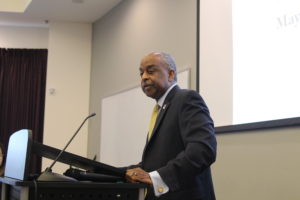

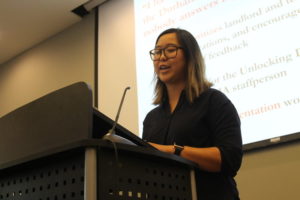
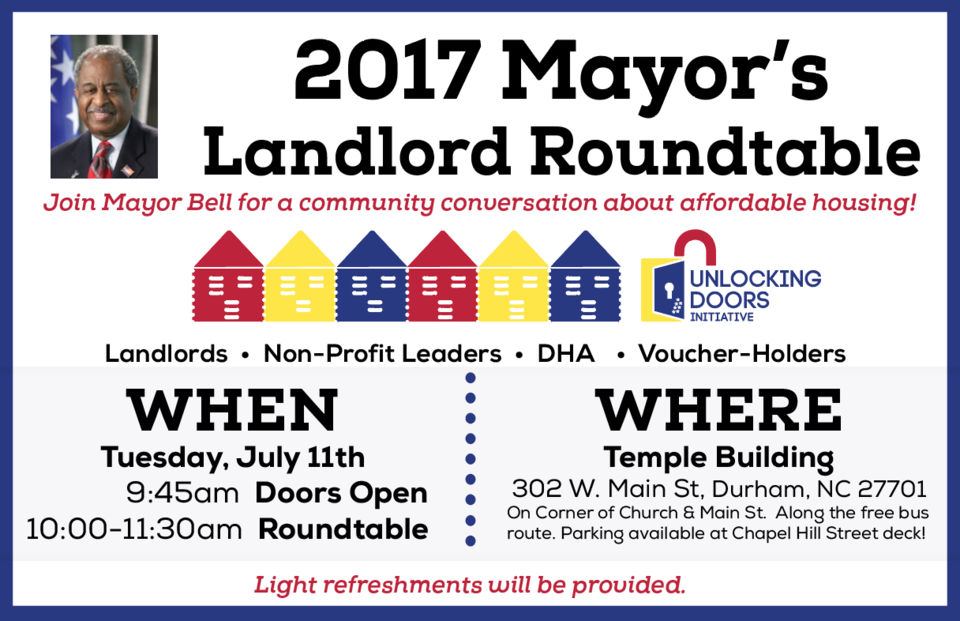
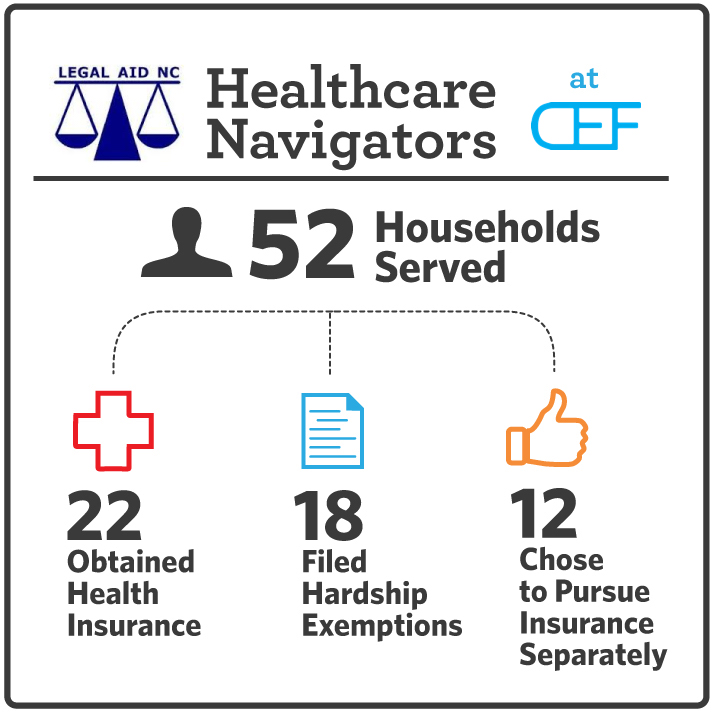


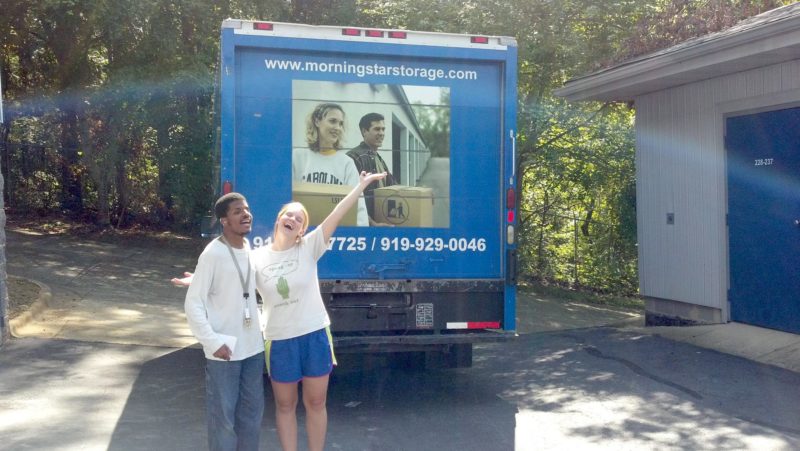

![CEF Spring Graduation Flier [Recovered]](https://communityempowermentfund.org/wp-content/uploads/2017/03/CEF-Spring-Graduation-Flier-Recovered.jpg)

